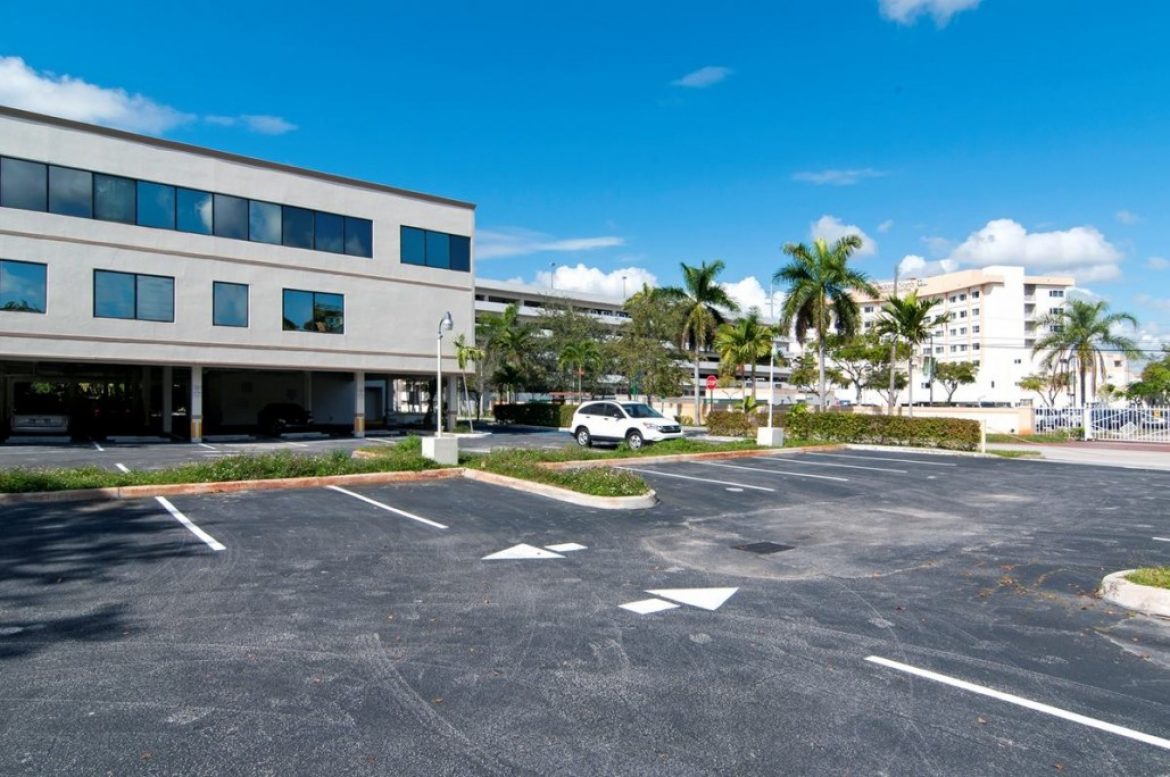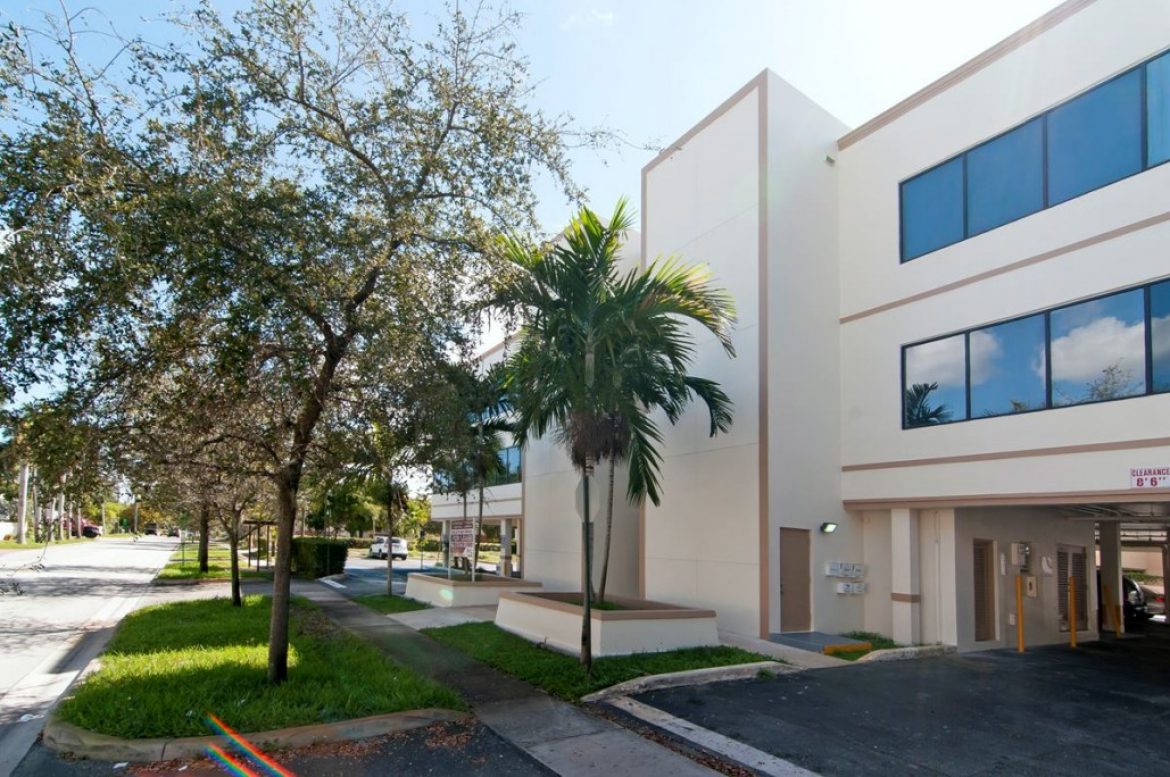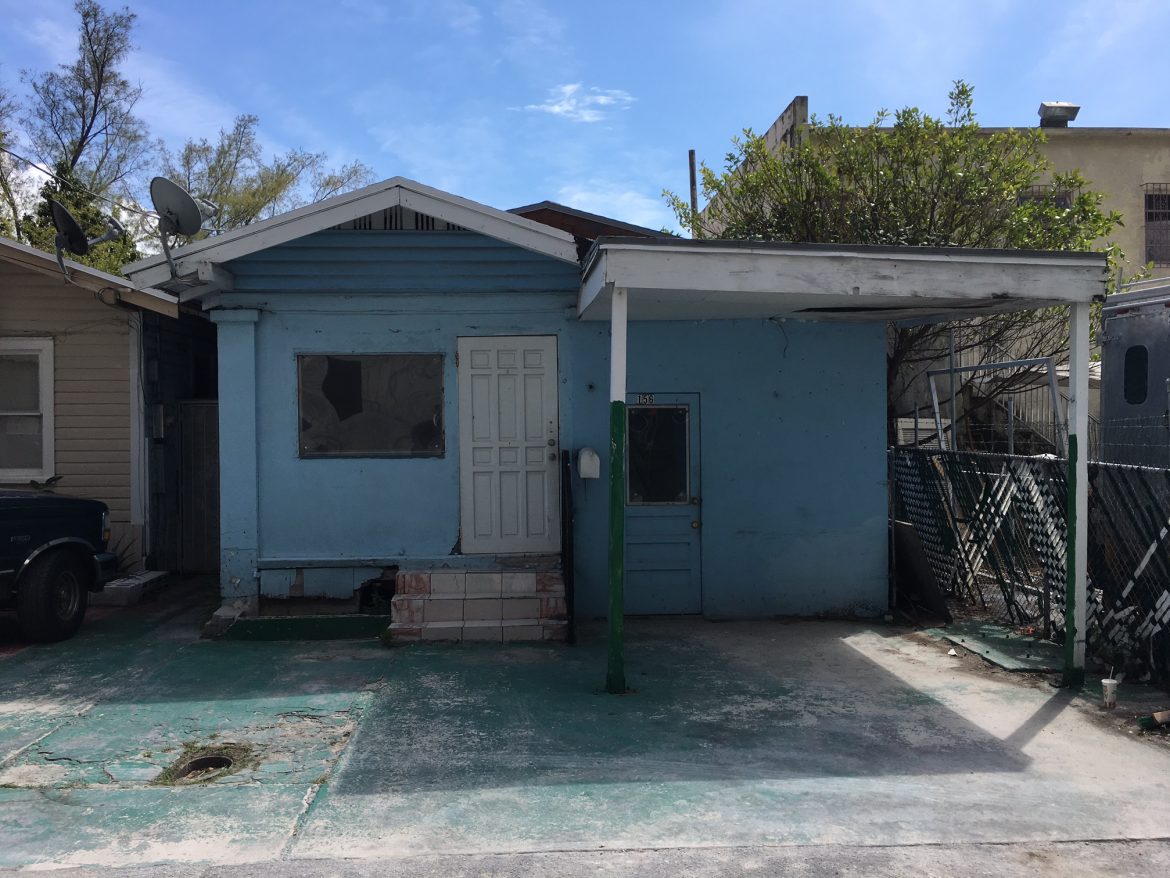
Tenants across the country are largely still paying rent despite high unemployment and waning government aid, a new report found.
About 87 percent of apartment households made a full or partial rent payment by Aug. 13, according to the National Multifamily Housing Council’s Rent Payment Tracker. That was only a 2-point drop from the same period a year ago, when the economy was humming.
NMHC surveys 11.4 million units of professionally managed apartment units across the country.
Doug Bibby, the organization’s president, said the rent collections could decline, however, as relief through the CARES Act dries up. The federal unemployment benefit of $600 a week expired in the last week of July, and job growth is not likely to make up the difference.
“With that support now having expired more than two weeks ago, households across the country are grappling with even greater financial distress,” Bibby said in a statement.
Unemployment is steadily declining across the U.S. In July, the U.S. unemployment rate was 10.2 percent, down from its peak of 14.7 percent in April. Still, the U.S. has lost about 13 million jobs since the coronavirus gained a foothold in February, according to the Department of Labor.
For the unemployed, the next few weeks, or months, could be tough. Democrats and Republicans have failed to compromise on a new stimulus package, which was expected to extend the unemployment bonus, albeit at a diminished level, and perhaps include another round of $1,200 stimulus checks.
In addition, eviction moratoriums are also set to expire in many states, and some landlords are eager to move out tenants who have not paid rent for months.
Source: The Real Deal



